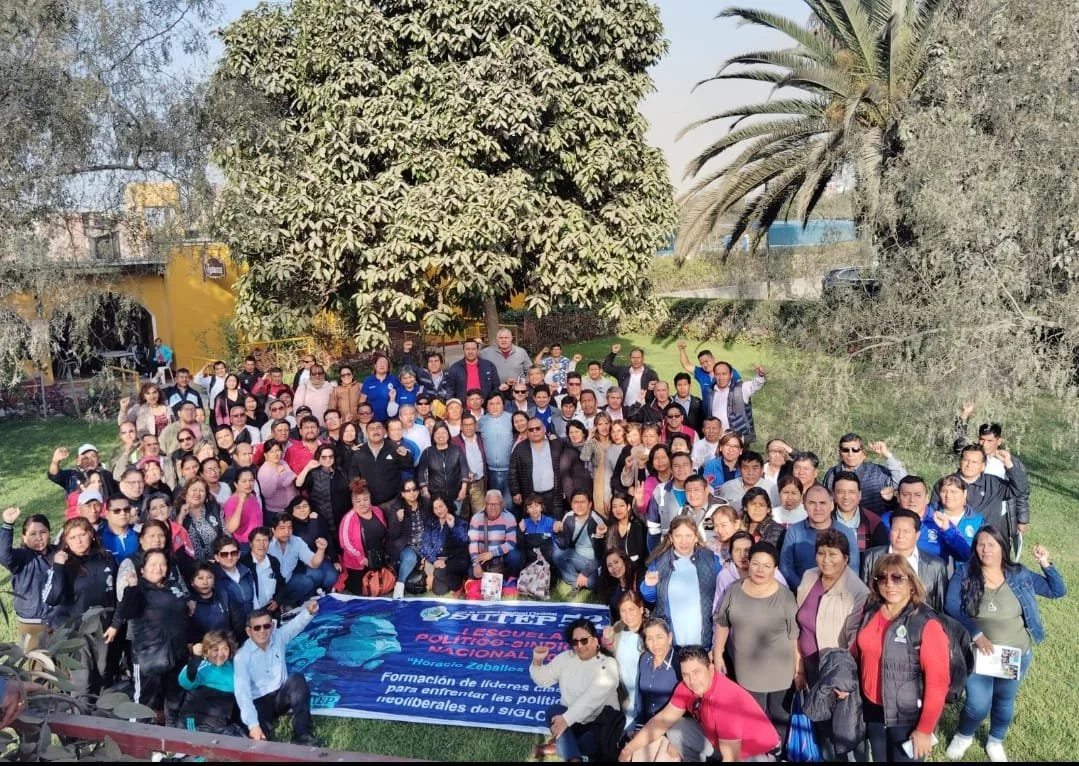Colombia’s judicial and regulatory agencies of the Attorney General[1] and Inspector General have been used by the country’s traditional political sectors to remove President Gustavo Petro, the first popularly-elected progressive government in Colombia, and his key allies from power.
Since the start of his term, President Petro, the Historic Pact[2] political coalition, and members of his cabinet have faced partiality on the part of Attorney General Francisco Barbosa and Inspector General Margarita Cabello, both appointed by the previous president, Ivan Duque. Both offices have opened up cases against Members of Parliament of the Historic Pact and high-ranking Ministers, alleging corruption or wrongdoings, and are attempting this course against President Petro. In the meantime, they have closed well-documented criminal cases that have linked Vice-Attorney Martha Mancera (Barbosa’s right-hand), her brother, and high-profile politicians, most of whom are members of opposition political parties. President Petro and other global leaders have warned the national and international community of an imminent threat of a “soft coup” in Colombia.
Background
Attorney General Francisco Barbosa has emerged as President Petro’s primary public opponent, acting more as a presidential candidate for the 2026 elections than a servant of one the most important state institutions to guarantee justice in the country. Barbosa has criticized several policies of the current government, especially the “Total Peace” project, based on its inclusion of negotiations with armed groups. As part of a political opposition strategy, Attorney Barbosa has initiated an unconstitutional investigation against President Petro to open an impeachment case against the Colombian head of state. For this purpose, Barbosa has pressured witnesses to accuse the president of wrongdoings and has made inflammatory accusations against financial contributions to Petro’s political party, Colombia Humana, such as the Federation of Colombian Teachers' (FECODE), during the 2022 presidential elections.
According to human rights organizations, such as PARES and the Colombian Platform for Human Rights, Democracy and Development, as well as several recent investigative reports[3] of Colombian journalists, the Attorney General Francisco Barbosa, Vice-Attorney Martha Mancera, as well as several allegedly corrupt prosecutors and investigators in the Attorney General’s Office, have covered up politicians from traditional political elites, narcotraffickers, illegal campaign funding, and many perpetrators of crimes against humanity (massacres, murders, forced disappearances, sexual violence, and other crimes).
Credible reports indicate that Francisco Barbosa and Margarita Cabello are using their Offices to arbitrarily target Congress members of the Historic Pact to lead to their suspension, dismissal and disqualification. One of the most recent examples of the legal assault against Petro’s government is a three-month suspension delivered to the Ministry of Foreign Affairs, Alvaro Leyva, amid an investigation opened by Inspector Cabello over a dispute with a company hired to print passports. Several Members of Parliament of the Historic Pact have also fallen under investigation by the Inspector General, such as Senator Wilson Arias, who was suspended amid an investigation of his defense of protesters against illegal detention by the police during the 2021 National Strike in opposition to then-president Ivan Duque’s tax reforms. While Senator Arias has returned to Congress, Senators Roy Barreras, Cesar Pachon, and Alexander Lopez have been stripped of their seats in Congress due to alleged partisan affiliation to two political parties that are members of the Historic Pact coalition.
Several other questionable proceedings opened by the Attorney General, including judicial persecutions of high-ranking members of government, harassment against unions and other civil society organizations linked to Colombia Humana and the Historic Pact, and police raids on offices of independent journalists and alternative media, are not the only notable actions taken by Francisco Barbosa before his end of term at the Attorney General's Office on February 12, 2024.
As one of the main critics of the president since Gustavo Petro assumed office, Francisco Barbosa has interfered in the election of who will succeed him. According to Colombia’s Constitution, the Supreme Court of Justice (SCJ) elects the Attorney General by voting based on a list of three people proposed by the president; however, the SCJ has rescheduled this process twice, first in December 2023 and then in January 2024. While the SCJ is the highest authority regarding the interpretation of administrative and constitutional law and the administration of the judiciary, independent journalists have reported that the Court's delay in naming Barbosa's successor is linked to the discharge of political favours, as a number of the 23 judges that make up the SJC have close relatives positioned in the Attorney General's Office.
It is feared that the delay in the election of the new head of the Attorney General's Office corresponds to Barbosa’s interest in empowering Vice-Attorney Martha Mancera to continue with Barbosa’s legacy. Mancera, at the helm of existing criminal investigations against narcotraffickers and politicians, several linked to the political party Democratic Center, is a near-guarantee of impunity. While several witnesses offered testimonies to the journalistic reports cited above, Barbosa and Mancera have mishandled and arbitrarily closed cases of corruption and narcotrafficking, which has led the Attorney General’s Office to a cumulative impunity rate of 94% of filed complaints within the last 13 years[4].
The end goal of the combined efforts among the abused institutional power of regulatory agencies, misinformation and smear campaigns waged by the corporate media connected to traditional political actors, and questionable rulings of the Judiciary Branch of Colombia is to remove the Historic Pact’s elected officials from office, most pointedly President Gustavo Petro. Petro’s removal from office will, if achieved, threaten the implementation of the Total Peace project and social and economic reforms aimed to change decades of extreme social and economic inequalities, environmental destruction, and state-sponsored violence.
In a recent public communication, President Petro warned of a “constitutional breakdown” that is taking place in the country, as exemplified by the measures taken by the Attorney General to initiate President Petro’s removal from office. Colombian civil society is organizing popular demonstrations and is calling on the international community to call for the Attorney General’s Office to respect democracy in Colombia and cease the politically motivated persecutions.





